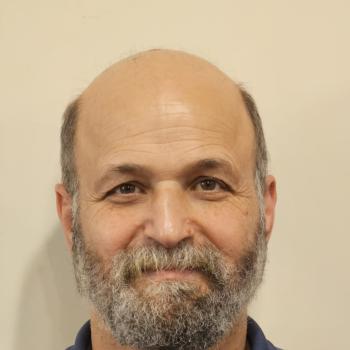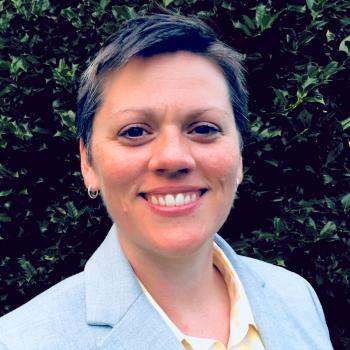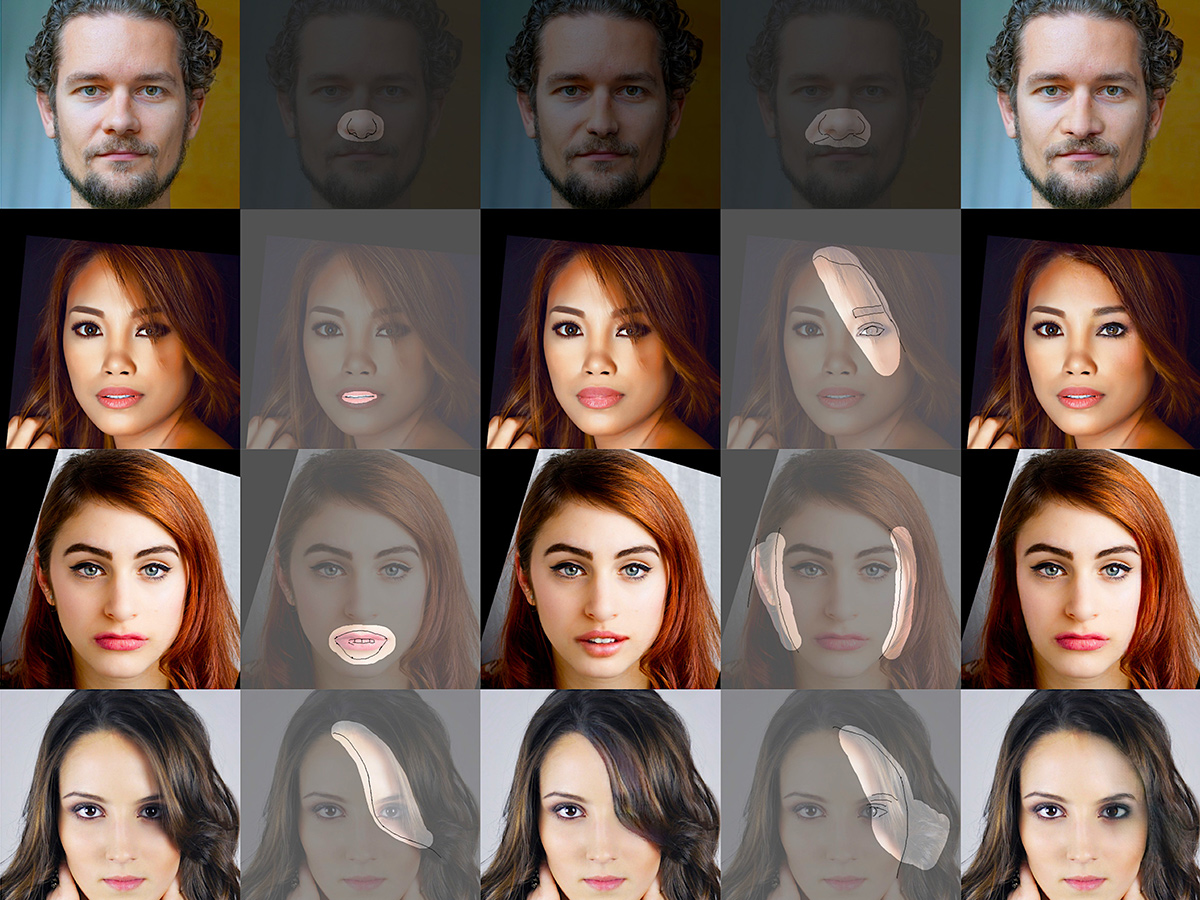Join us for a virtual information session to learn more about our programs!
Tuesday, February 24, 2026
11am - 12pm ET
Zoom
REGISTER NOW
Engage in cutting-edge learning with the Master of Science in Data Science. The MS in Data Science provides an education in the theory and practice of data science including mathematical and statistical foundations, computational approaches, and communication considerations. In addition, the program covers data science-relevant probability and statistics, algorithms, big data systems, machine learning, data mining, and analysis of networks. Students who successfully complete the MS in Data Science are able to design, conduct, interpret and communicate data analysis tasks and studies using methods and tools of statistics, machine learning, computer science, and communications. The program is offered through the Science Academy in the College of Computer, Mathematical, and Natural Sciences.
The MS in Data Science is a 30-credit graduate program designed to accommodate working professionals and can be completed in less than two years. This program is designed to prepare students for jobs as Data Scientists. The program emphasizes practical knowledge and does not offer research opportunities. Students interested in ultimately pursuing PhDs might consider a more research-focused program, such as the MS in Computer Science. Instruction is provided by UMD faculty members and experts in the field. The program features instructional delivery through face-to-face instruction at the UMD College Park campus, mostly in the evenings, and at least one online course.
Application Deadlines
Fall 2026
International Deadline: February 27, 2026
Domestic Deadline: May 29, 2026
Any student applying for admission to a graduate program at the University of Maryland must meet the following minimum admission criteria as established by the Graduate School.
- Applicants must have earned a four-year baccalaureate degree from a regionally accredited U.S. institution, or an equivalent degree from a non-U.S. institution.
- Applicants must have earned a 3.0 GPA (on a 4.0 scale) in all prior undergraduate and graduate coursework.
- Applicants must provide an official copy of a transcript for all of their post-secondary work.
General Requirements:
- Statement of Purpose
- Transcript(s)
- TOEFL/IELTS/PTE (international graduate students)
Program-Specific Requirements:
- Graduate Record Examination (GRE) (optional)
- CV/Resume
- Description of research/work experience
- Prior coursework establishing quantitative ability (including calculus II, linear algebra, statistics, etc.)
- Proficiency in programming languages, demonstrated either through prior programming coursework or substantial software development experience
The MS in Data Science is a 30-credit, 10-course, non-thesis graduate program that culminates with research methods and study design. The program’s curriculum focuses on five thematic competencies as follows:
- Statistics - Standard statistics subsumed by general linear models (e.g., linear regression, ANOVA, t-tests, f-tests, and multivariate extensions); discrimination, classification, ordination (e.g., PCA, MDS), linear discriminant analysis, factor analysis, and related methods; permutation and randomization methods; Bayesian estimation.
- Machine learning - Methods that are not subsumed by general linear models or other traditional distributional model-based statistics. Includes such things as: support vector machines; artificial neural networks and their derivatives and extensions; decision tree induction; random forests; other ensemble methods; affinity analysis; association rule learning.
- Computing - Topics include those core elements most necessary for professional practice in data science and analytics: databases; programming using scripting/interpretative languages (e.g., shell, Python, Perl).
- Communication - Methods and practice of communicating data science and analytics concepts, methods and results in written, verbal, and electronic media.
Sample Plan of Study (Part-time, two 3-credit courses per semester)
| Semester 1 (fall) |
|
| Semester 2 (spring) |
|
| Semester 3 (summer) |
|
| Semester 4 (fall) |
|
| Semester 5 (spring) |
|
Sample Plan of Study (Full-time, three 3-credit courses per semester)
| Semester 1 (fall) |
|
| Semester 2 (spring) |
|
| Semester 3 (summer) |
|
| Semester 4 (fall) |
|
Electives include:
DATA 612: Deep Learning
DATA 641: Natural Language Processing
DATA 645: Statistical Data Analysis of Multiple Measures
DATA 650: Cloud Computing
MSML621: Wireless Communication for Machine Learning
MSML 640: Computer Vision
MSML 642: Robotics
MSML 651: Big Data Analytics
Find up to date tuition and fee information here for the MS in Data Science.



















